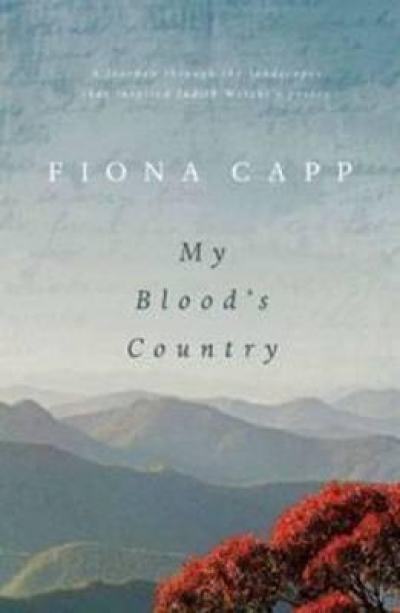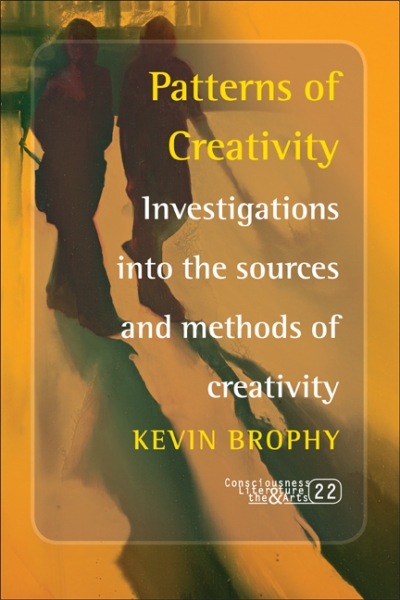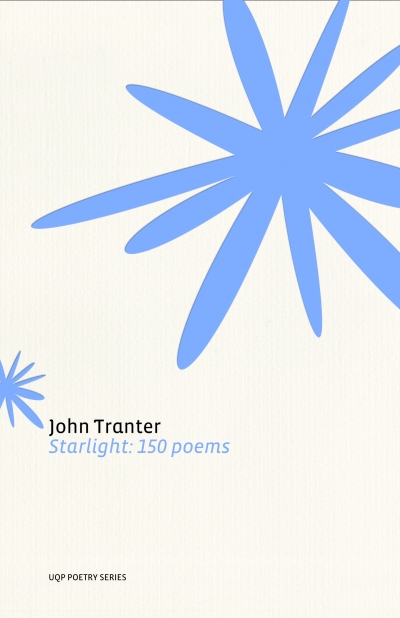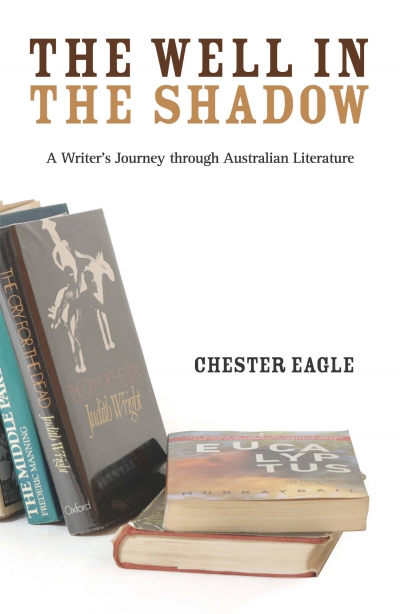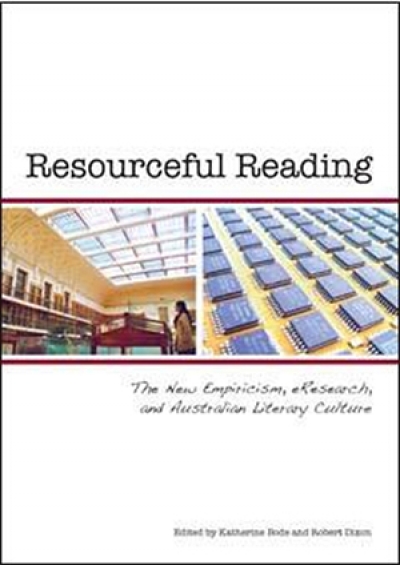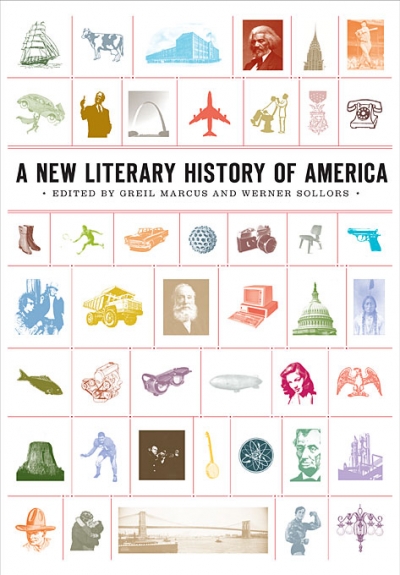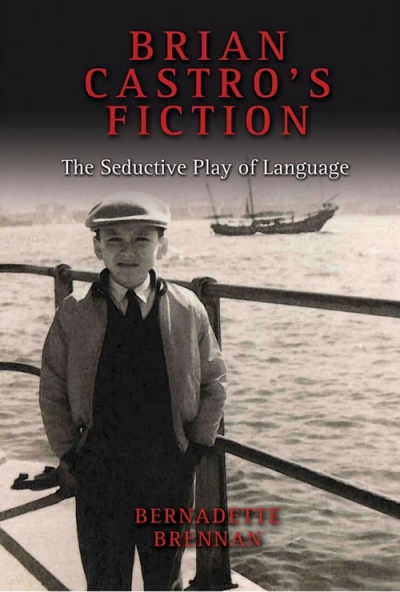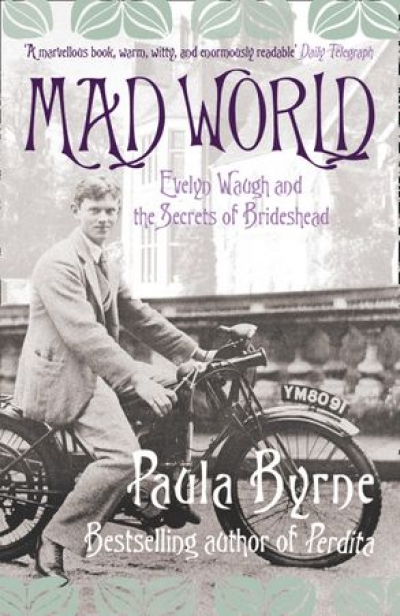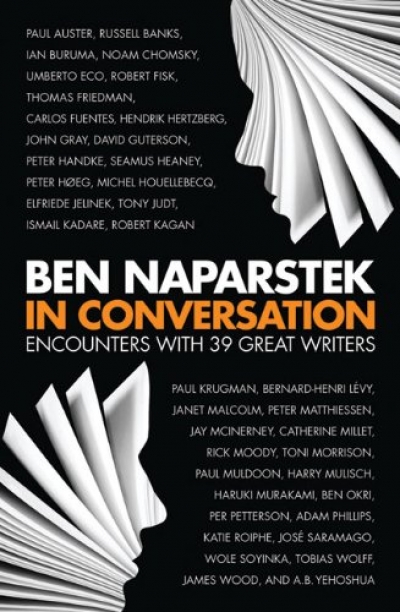Literary Studies
My Blood’s Country: In the footsteps of Judith Wright by Fiona Capp
Late in My Blood’s Country, Fiona Capp describes a dream that Meredith McKinney had after the death of her mother, Judith Wright, poet, activist, and the subject of Capp’s book. In the dream, McKinney is at Calanthe, the Queensland home where she lived with her mother and father, philosopher Jack McKinney. A literary festival is under way. In the front room of the house, the study where Wright wrote her poems, scholars are giving papers about her work. McKinney, aware that her reactions are being scrutinised, is careful to react generously. The group moves from room to room, into the more private spaces of the home, Meredith feeling compelled all the while to be gracious in the face of this invasion. An exhibition in her parents’ bedroom centres on a life-size wax dummy of Wright, said to be wearing her clothes, though actually wearing something McKinney recognises as part of an old curtain. As she notices more mistakes in the display, one of the dummy’s arms falls off, and it is suddenly clear that the dummy is in fact her mother’s corpse.
... (read more)Patterns of Creativity: Investigations into the sources and methods of creativity by Kevin Brophy
In his conclusion to this book, Kevin Brophy states a key principle of creative composition: ‘to be responsive to what happens, what is thrown into the mind, what one comes upon.’ This is at once a statement of advice for an artist at work, and a theoretical proposition. Through the course of the ten essays that make up the volume, Brophy develops a hypothesis about the kinds of brain function involved in creativity and, in particular, the role of consciousness in relation to other mental and sensory forms of intelligence. Without drawing the terms ‘theory’ and ‘practice’ into play – a great relief to those of us who have grown weary of that inevitable binary – he suggests that the work of an artist or writer may be facilitated by an exploratory interest in the operations of consciousness.
... (read more)Starlight: 150 Poems by John Tranter & The Salt Companion to John Tranter edited by edited by Rod Mengham
John Tranter has published more than twenty books since 1970. They include long dramatic monologues, a type of verse novel (The Floor of Heaven, 1992), prose poems and traditional verse forms. Starlight, his new collection, continues his ‘evisceration’, as he calls it, of other poets.
... (read more)Australian Literary Studies, Vol. 24, No. 2 edited by Leigh Dale
Australian Literary Studies is a journal of the old school, independent of the international academic publishers that have absorbed so many others, and difficult to obtain for casual reading. It has maintained a solid reputation among scholars. From the evidence presented here, it is easy to see why.
... (read more)The Well in the Shadow: A writer’s journey through Australian literature by Chester Eagle
The Well in the Shadow, whose title is drawn from Katharine Susannah Prichard’s Coonardoo (1929), is an unconventional book, shaped entirely by Chester Eagle’s idiosyncratic responses to certain writers and their work. Eagle’s engagement with, and enthusiasm for, the texts he considers are undeniable. So too is his close knowledge of the books and writers discussed. The range of subjects is broad and reasonably inclusive, but I did wonder, given the book’s subtitle, about the absence of well-known writers such as Peter Carey, Tim Winton, David Malouf, and Christina Stead. Nonetheless, the choice is diverse.
... (read more)Resourceful Reading: The New Empiricism, eResearch, and Australian Literary Culture edited by Katherine Bode and Robert Dixon
A quiet revolution has been occurring within the humanities over the last decade: the emergence into mainstream scholarship of new methods and approaches that exploit digital tools, electronic infrastructures, networks of data resources and the sheer computational power of modern technology. This renaissance builds on decades of pioneering work – well before its time and largely unacknowledged – performed by committed visionaries who perceived the possibilities for textual scholarship years before desktop computers and the Internet enabled the rest of us to see how our research could be informed, assisted, extended and even revolutionised by new technologies.
... (read more)A New Literary History of America edited by Greil Marcus and Werner Sollors
Cynthia Ozick’s most recent collection of criticism, The Din in the Head (2006), contains a brief but engaging essay called ‘Highbrow Blues’. It begins with her musing about a gaffe made by Jonathan Franzen following the publication of The Corrections (2002). Oprah Winfrey had selected Franzen’s novel for her televised book club, which was popular enough to turn any work she chose into a bestseller, but Franzen was uncomfortable with her program’s folksiness. He felt that the club’s reputation for featuring works of middlebrow fiction did not fit with his literary ambitions and that an appearance on the Oprah Winfrey Show was not likely to enhance his credibility. ‘I feel,’ he explained, ‘like I’m solidly in the high-art literary tradition.’ Brickbats flew from all directions. But why, wonders Ozick, did Franzen’s remark seem so jejune?
... (read more)Brian Castro's Fiction: The seductive play of language by Bernadette Brennan
Brian Castro has been leading his readers on an exhilarating chase since Birds of Passage in 1983, and his allusive, melancholy but sensual work leads Bernadette Brennan to being confidently: ‘Brian Castro is one of the most innovative and challenging novelists writing in English today.’ In her attempt to prove the justice of this assertion, Brennan is far too attuned to the richness of Castro’s work to try to establish any sort of total explanatory grid, and her book is less an attempt to tidy Castro up than a guide to some of the places where we might most profitably enjoy him.
One of the principal characteristics of Castro’s work, after all, is the ambition with which he calls out to his readers, inviting us to rise to the challenge and participate in the enjoyment of the dazzling multiplicity of issues, references, allusions, plays on words, and theoretical gambits that rub shoulders (and other parts) throughout his books.
... (read more)Mad World: Evelyn Waugh and the secrets of Brideshead by Paula Byrne
Anthony Blanche stands on the high balcony with a megaphone. With practised stammer he recites The Waste Land to puzzled undergraduates walking below in Christ Church Meadow. ‘How I have surprised them!’ he assures the other Old Etonians gathered for languid lunch in Lord Sebastian Flyte’s rooms. In this single image, Evelyn Waugh fixes Blanche in our memories – privilege, aesthetes, the creeping arrival of bewildering new art to the Oxford of 1923.
... (read more)In Conversation: Encounters with 39 great writers by Ben Naparstek
‘My problem is that because of my anxiety disorder, publicity is close to torture,’ Austrian novelist Elfriede Jelinek tells Ben Naparstek, explaining why she informed a newspaper in 2004 that she hoped she wouldn’t be awarded the Nobel Prize in Literature (she was). With or without anxiety disorders, writers face a conundrum. They communicate through the written word, but increasingly they also talk aloud in public and in the media. When writers are interviewed, they often traverse an awkward middle ground between adopting a public persona and revealing the inner sources of their inspiration. There is a tension – frequently evident in the pages of In Conversation – between a writer’s need to publicise, explain or defend his or her works and beliefs, and a desire to allow the writing to speak for itself. For many writers, there is also the challenge of making their verbal communication as erudite as their writing. As Norwegian novelist Per Petterson tells Naparstek, ‘Talk is entirely overvalued, I think.’
... (read more)

